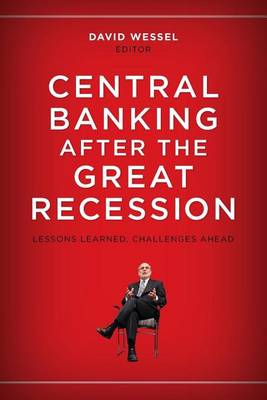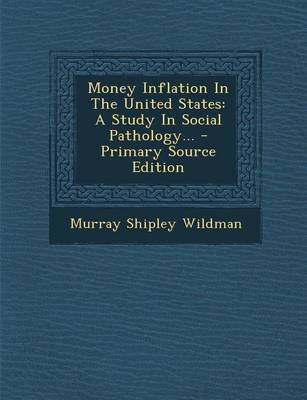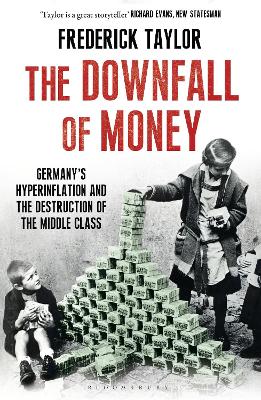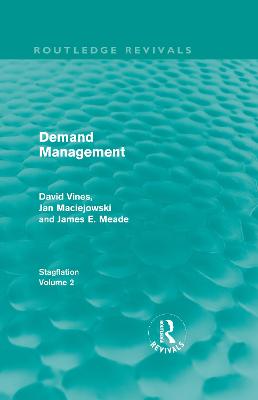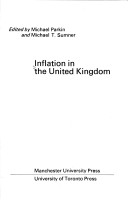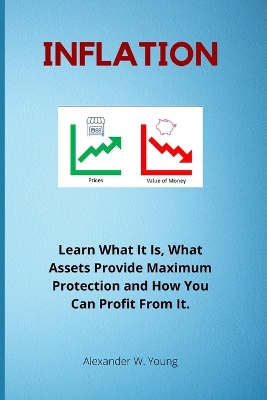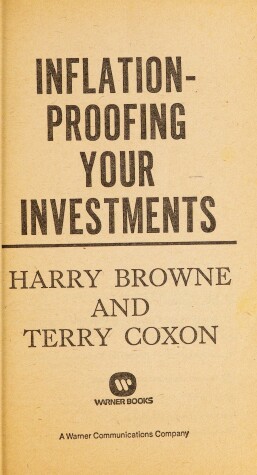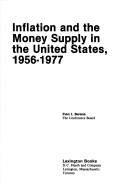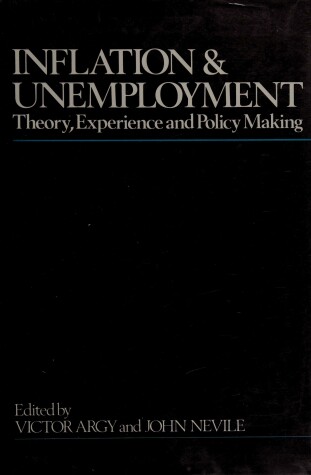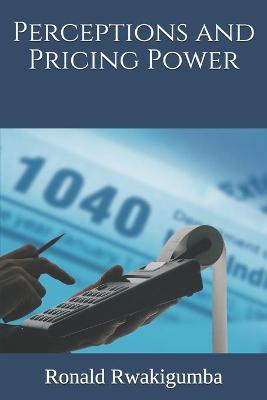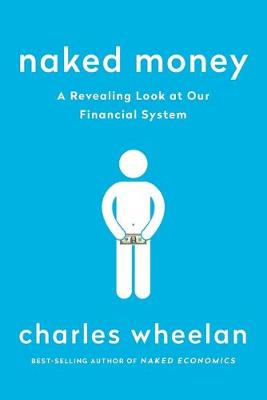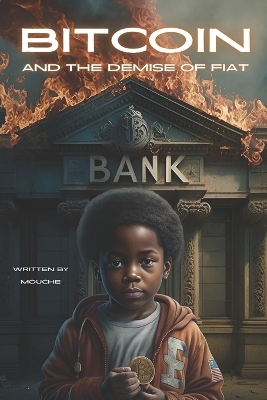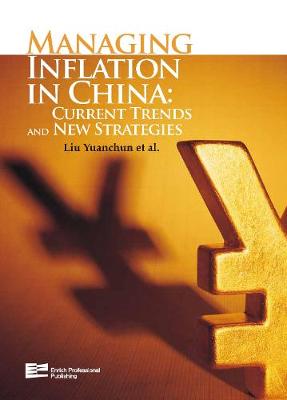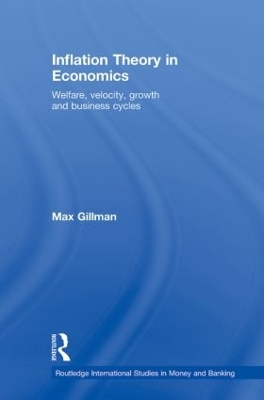Central Banking After the Great Recession: Lessons Learned, Challenges Ahead
This volume presents the latest thoughts of a brilliant group of young economists on one of the most persistent economic problems facing the United States and the world, inflation. Rather than attempting an encyclopedic effort or offering specific policy recommendations, the contributors have emphasized the diagnosis of problems and the description of events that economists most thoroughly understand. Reflecting a dozen diverse views many of which challenge established orthodoxy they illuminate...
Inflation (Routledge International Studies in Money and Banking)
by David Mayes and Kevin Gardiner
In recent years central banks round the world have been successful in keeping inflation to such low numbers that it is no longer regarded as a problem.This book charts the progress of inflation from before it got away from the authorities in the 1960s till it came back under control, contrasting the theories that were advanced at the time with the policies that were applied. Traditional Keynesian and monetarist theories were discarded along the way. While focusing on the UK it also documents t...
Inflation and the Function of Monetary Policy in Britain
by Edward A. Holloway
A timely narrative account of the biggest financial crisis in modern history and its human consequences by the author of Dresden and The Berlin Wall. 'Excellent ... This is a dramatic story, well told' Wall Street Journal Many theorists believed a hundred years ago, just as they did at the beginning of our twenty-first century, that the world had reached a state of economic perfection, a never before seen condition of beneficial human interdependence that would lead to universal growth and pro...
Demand Management (Routledge Revivals) (Routledge Revivals: Stagflation)
by David A Vines, J. M. Maciejowski, and J. E. Meade
This book was originally published in 2004. Fears of deflation seemed nothing more than a relic of the Great Depression. However, beginning in the 1990s, persistently falling consumer prices have emerged in Japan, China and elsewhere. Deflation is also a distinct possibility in some of the major European area economies, especially Germany, and emerged as a concern of the US Federal Reserve in 2003. Deflation may be worse than inflation not only because the real burden of debt rises but also beca...
Inflation and the Money Supply in the United States, 1956-77
by P.I. Berman
Inflation & the Nixon Administration Vol. 2 (Facts on File Publication)
Inflation and Unemployment (Routledge Library Editions: Inflation)
Originally published in 1985 and contributed to by internationally renowned economists, this volume discusses theoretical issues and country-specific experiences to review the underlying causes of the stagflation of the 1970s and early 1980s, as well as summarizing the kinds of macro-policies that were adopted to deal with the stagflation.
Culture and Inflation in Weimar Germany (Weimar and Now: German Cultural Criticism, #26)
by Bernd Widdig
For many Germans the hyperinflation of 1922 to 1923 was one of the most decisive experiences of the twentieth century. In his original and authoritative study, Bernd Widdig investigates the effects of that inflation on German culture during the Weimar Republic. He argues that inflation, with its dynamics of massification, devaluation, and the rapid circulation of money, is an integral part of modern culture and intensifies and condenses the experience of modernity in a traumatic way.
We use money every day. Yet the practice of exchanging paper or bytes for goods and services seems absurd if you think about it. Naked Money explores why money exists and why it so often gets entire nations in trouble. Charles Wheelan explains with his trademark wit and refreshing clarity how our banks and monetary systems should work in ideal situations, and he reveals the havoc and suffering caused in real situations by inflation, deflation, illiquidity and other monetary effects. With illumin...
Managing Inflation in China (Enrich Series on Managing Inflation in China, Vol. 2)
by Yuanchun Liu
Inflation Theory in Economics (Routledge International Studies in Money and Banking)
by Max Gillman
These essays bring together a progression in monetary theory. The major theme that runs through all of the chapters is that in order to do monetary economics well in general equilibrium, it helps to have a good money demand underlying the theory. A proper underlying money demand sets up arguably the best foundation from which to make extensions of monetary economics from the basic model. At the same time that money demand is modelled, this also “endogenizes” the velocity of money. This has bee...
